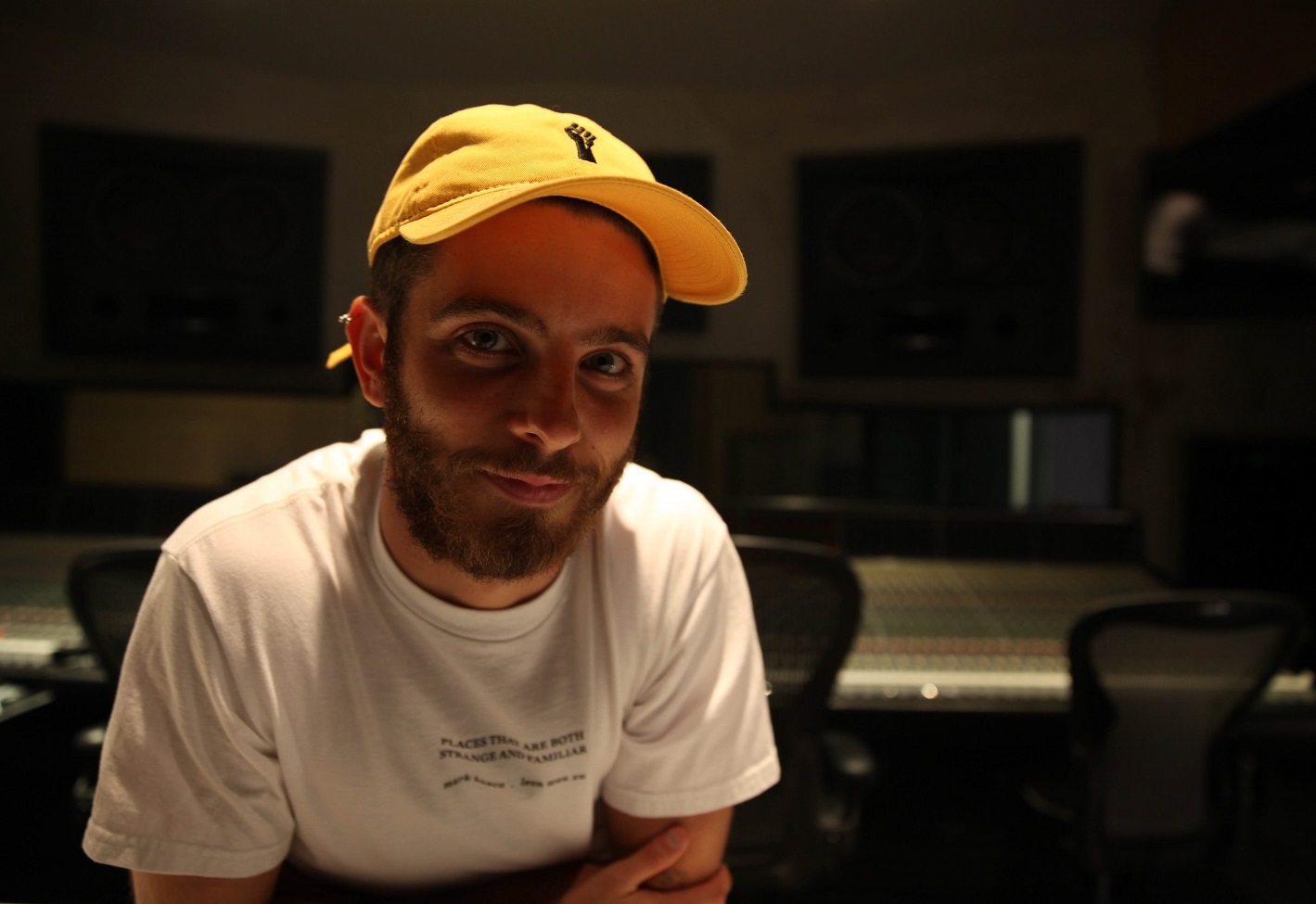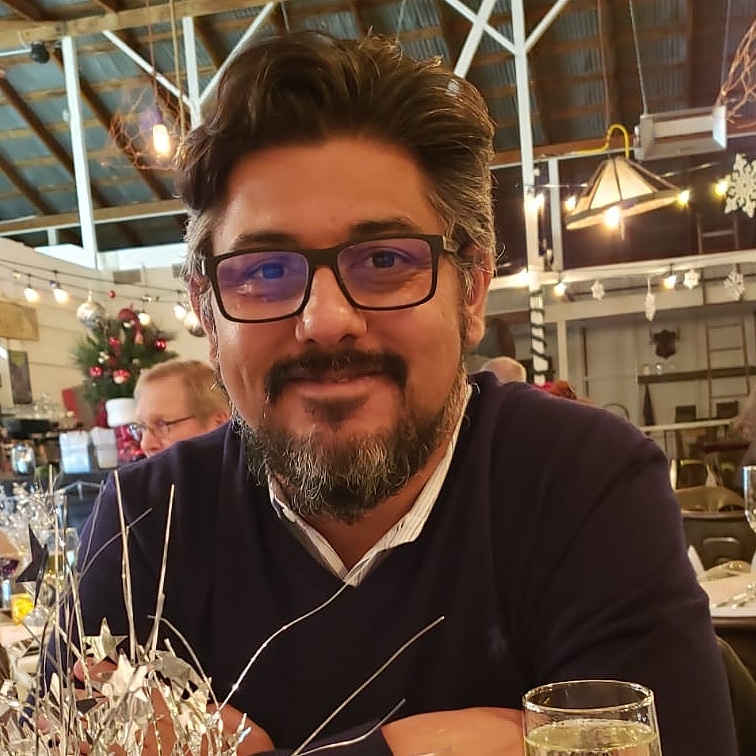
Recording Connection grad Isaac Wolfe, Vice President, Record Plant
Recording Connection graduate
Isaac Wolfe (Los Angeles, CA) didn’t take the fast track when it came to building his career in music. Rather, he did something so foreign, so revolutionary in today’s climate of instant gratification that it sounds downright vintage—he stayed in for the long haul. After not one, not two, but three years working as a runner at the world-renowned
Record Plant (Ariana Grande, Cardi B, Lil Nas X, Khalid), Isaac got promoted to assistant engineer. After that, he assumed more of an operational role which led him into the position he’s held for the last year and a half as vice president of the top tier recording studio complex, located in the heart of Hollywood, CA.
We recently spoke with Isaac about his journey from runner to VP, insights he’s garnered along the way, the two distinct paths he sees as viable ways to make it as a music producer in today’s industry, and more.
Becoming VP of Record Plant didn’t happen overnight. You started off as a runner.
“I started off here February 2016, as a runner. So that was a lot of errand-running and cleaning. After a couple of months, I sort of was promoted to working the desk. So [being] the receptionist. …Ultimately, all it meant was that I was doing a little bit more coordinating and a little bit less errand-running. But ultimately, it’s the same position. So for three years, I was in that role. And in that time, I saw a lot of runners come and go…
One of the other runners [who was] directly beneath me, an excellent engineer named Sam Agbasi, [and I] tallied up…the amount of candidates that had come and gone between two people that have stayed here. And it was 17. So 17 people started off, gave up, or got fired. It’s been really weird to see that process, to see these great numbers of runners coming and going. And ultimately, what we’re left with is the 15-person team that we have…
Everybody is expected to have education before starting off here. Everybody is expected to understand basic signal flow, but you still have to put in the work and wait your turn. And so, after three years, I was moved up to assistant engineer at the studio, where I was in the rooms with clients, getting to see a whole different side of this industry.
[Then] we got a new CEO named Tyler Johnson. One day, he pulled me aside and asked me if I wanted to help run the studio. I was eager to take the opportunity…and so, I started off as a studio manager/operations manager-slash-wasn’t really clear what my title was. And after several months of helping sort out the studio’s bookings and inventory stuff and general operational tasks, they made me a vice president.
And it’s been very cool. …It’s been an incredible, challenging, and rewarding experience to run this studio. I feel really blessed, and I think it’s really cool that the majority of the people and management here have started off from working at the bottom. The president of the studio, Jeff Barnes, was a runner here, like, 12 or 13 years ago. And I think that it means that when I’m putting together my list of things for the runners to do, as off-putting as some of the tasks might be, I think that they all trust that it’s coming from somebody who has done this work, and is not asking them lightly, but understands the tasks and the obstacles of being a runner.”
What’s your advice to people who know they want to be in it, but they don’t know exactly where? How can they find their way?
“The first step is the hardest. You really just have to pick a direction and run with it. Engineering, to me, is an incredibly valuable sort of way to get inside the room. Because ultimately, being a producer, being a songwriter, there is a required uniqueness and skill set that is a little bit more intangible. Being an engineer, if you understand signal flow, and if you’ve got social competence and can be in a room without making people uncomfortable, that’s your ticket inside of the room.
And when you’re inside of the room, you can pick up a lot of stuff. So I would say engineering is a really safe way to get involved. But ultimately, you just have to start doing. You have to start trying.”
What’s your advice for newbie engineers who are coming into the studio to work one of their first professional sessions. How should they handle themselves?
“In terms of what an engineer can do when they come into a professional environment like this, I would say, just wait to speak. Observe your environment. I think a lot of people come into places like L.A. from small towns, and they’re very eager to show what they have, and to impress the people around them. And oftentimes, they end up stepping on toes, or they end up coming off [as] anxious. And ultimately, you can gain a lot from sitting back and observing, and really waiting for an appropriate time to say your piece or show what you have.
There is a reason that you’re expected to stay quiet and to be a fly on the wall. And it’s not because you don’t have anything valid to say, it’s not because your thoughts aren’t important, it’s not because you’re not intelligent. It’s because from the beginning stages of your career, you’re understanding that there is a strategy to observing first and reacting second. I think that’s really important for people to understand.”
You’ve said there are two different ways to break into the industry as a music producer. What are those ways?
“In my eyes, there are two real ways to break into this industry. One is the standard studio ladder approach…[in which] you work your way up until you’re an assistant engineer, at which point you’re in the rooms with the clients, you’re making connections. And then, from there, you can elevate to being an engineer or a producer. At that point, you’ve sort of gained the connections that you need to move forward.
The second approach probably did not exist 10 years ago, which is taking advantage of the internet, putting out material online, and networking with other people on various forums and blogs. Realistically, people can produce hit records from their bedrooms. And I think that it’s really important that people know that both of those approaches are valid, the difference being that if you come to a major recording studio and start off at the bottom of the ladder and work your way up, there’s more of a guarantee that you’re going to eventually get to the level you want to be at.
Whereas, if you’re working from your bedroom, it’s entirely on you to make those connections. …The environment is not catered to your success and growth and development the way it is in a studio.”
Obviously, your career keeps you very busy, but do you still make your own music?
“I make it for me, I make it for my family, I make it for my friends. And I think that if I can find a way to continue incorporating music into my life on a daily basis, that I’m pretty content with that.
That was probably one of the most important revelations that I came to in my adult life, was that for me to appreciate the process was a valid reason for me to engage in it. …There didn’t need to be some grand appreciation from other people, or acceptance. That if I enjoyed making music, that was a reason enough to make music. And so, I’ll continue making music.”
That’s awesome. Do you have any mantras, quotes, or other bits of advice you’d like to share with our students and readers?
“Be kind to people who have less power than you. I think that in Los Angeles, you meet a lot of people who quickly gauge whether or not…you know, kind of where they stand in the hierarchy of power in the room, and start behaving differently towards different people based on that assessment. And I think that that’s ultimately one of the most dangerous and ugly behaviors of this industry. …If you can interact with all the people that you meet on that same base level, who knows where somebody is going to go in life, and what connection, and what value they might bring to you?
And I also think that it applies to when you’re speaking to people who have more power than you. If they feel like you’re treating them the same as everybody else in the room, they’re going to be a little bit more willing to hear what you have to say, than if you carry all of this weight and anxiety and excitement with each statement you make towards them.”
Learn more about
Recording Connection, and how
you can start building a career you love.
* * * * *



